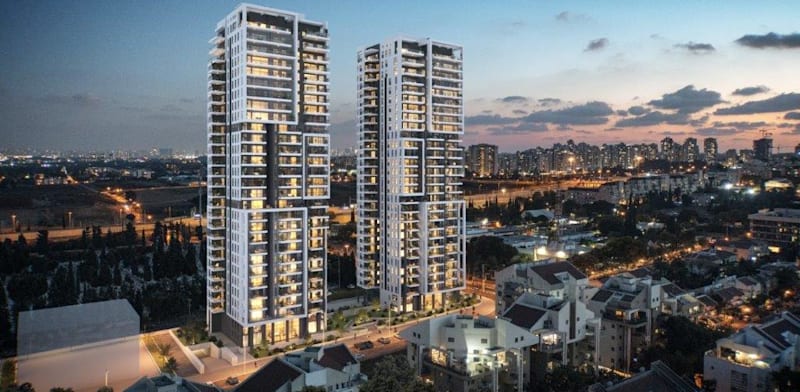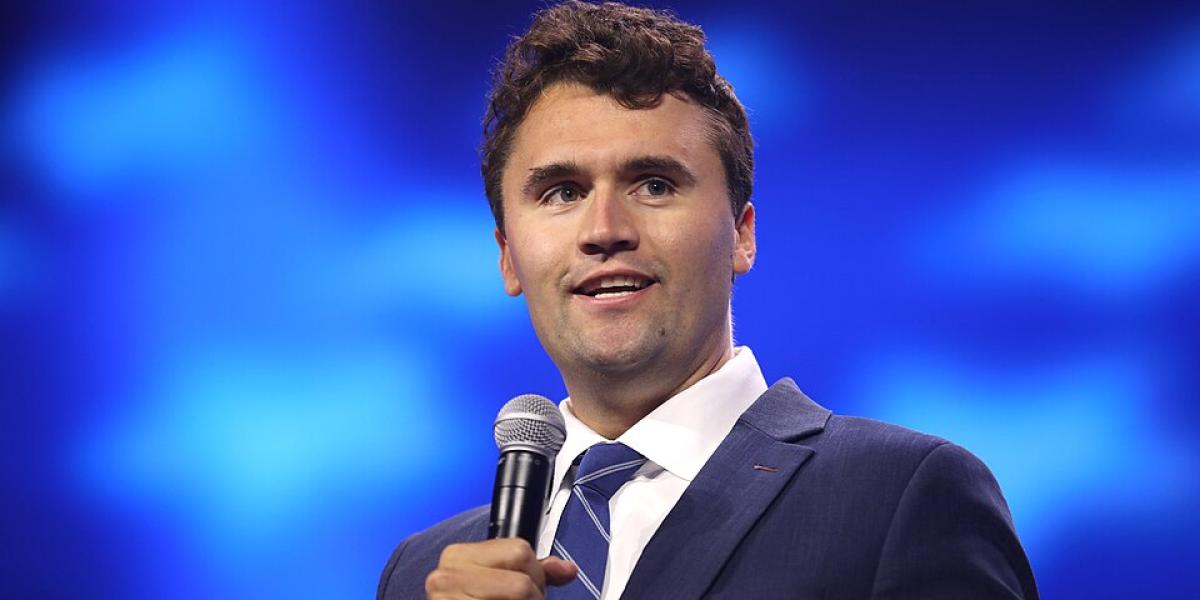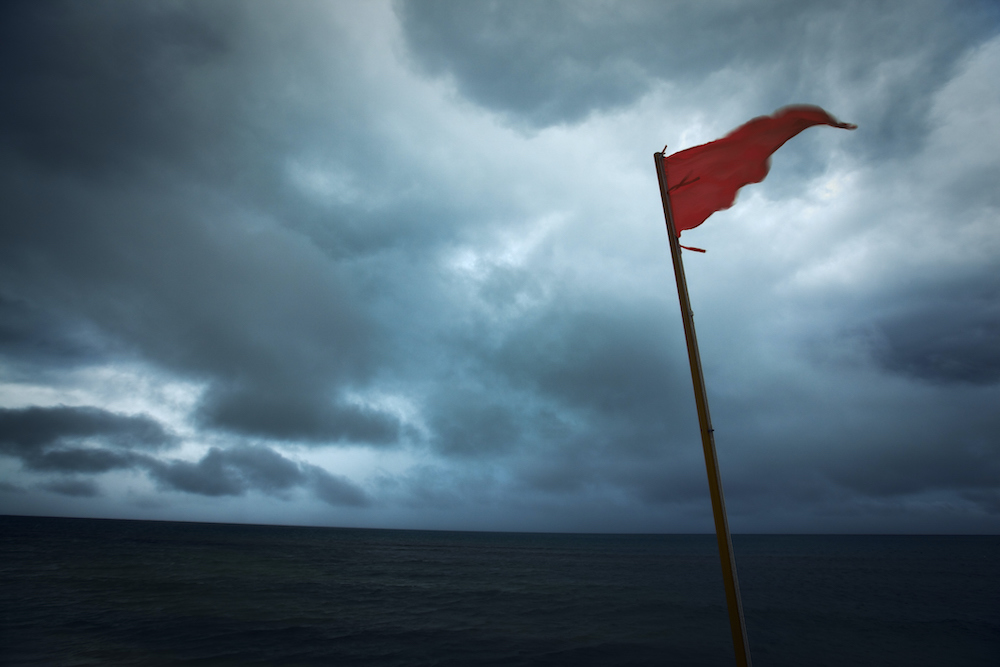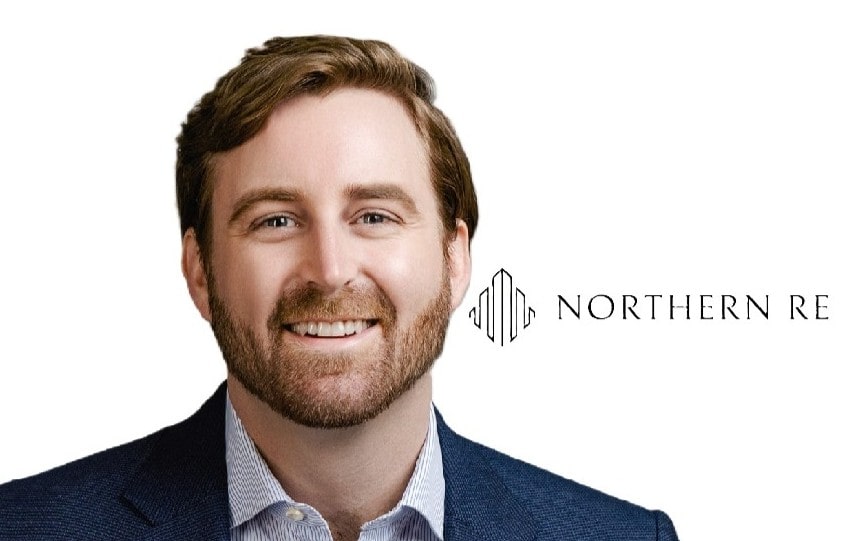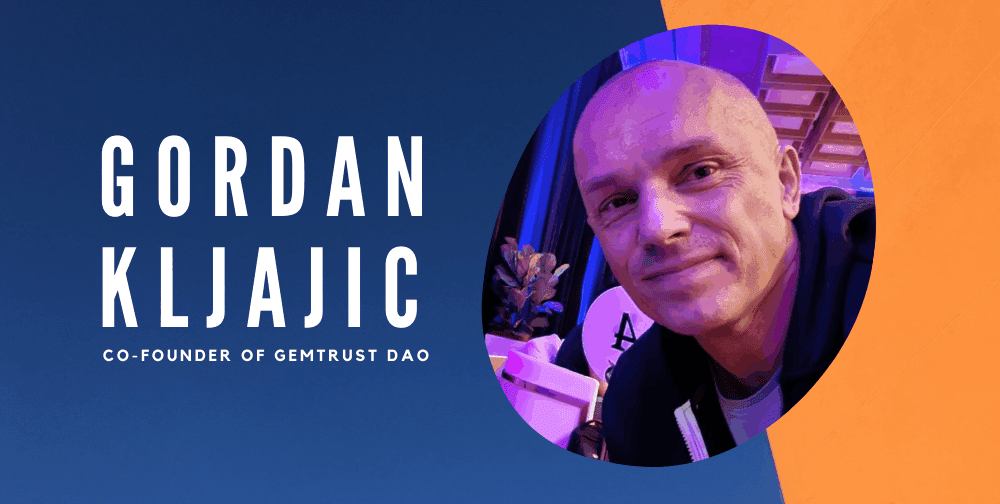A defiant Vladimir Putin said Russia won’t be stopped from pursuing its goals after he swept to a record victory in a presidential election whose outcome was pre-determined.
“No matter how much anybody wanted to suppress us, our will, our consciousness, nobody in history has ever succeeded, they have not succeeded now and they will never succeed,” Putin told supporters in Moscow late Sunday. All the major “and in some areas grandiose plans” that he set out before the election “will certainly be achieved,” he said.
Putin spoke after preliminary results showed him with 87.2% support in the election that ended Sunday, giving him another six years as president to step up his war in Ukraine and conflict with the West. The outcome far exceeded his previous record of 77% in 2018 elections.
Long lines formed at noon outside some polling stations, including in Moscow and St. Petersburg, after allies of opposition leader Alexey Navalny, who died last month in an Arctic prison camp, called on people to protest Putin’s election by turning up at that time. Their presence represented a sign of defiance amid the harshest Kremlin crackdown on dissent in decades.
Russia’s longest-serving leader since Soviet dictator Josef Stalin, Putin, 71, is extending his nearly quarter-century rule into a fifth term at a time when his troops are on the offensive in Ukraine. Russia is pressing its advantage in the third year of the invasion, which has become Europe’s biggest conflict since World War II as Ukraine struggles to supply its forces with munitions amid delays in military aid from its US and European allies.
Any direct conflict between Russia and the US-led NATO alliance would be “one step away from a full-scale third world war,” Putin said Sunday.
Putin is “addicted to power and is doing everything he can to rule forever,” Ukrainian President Volodymyr Zelenskiy said in a video address. “There is no evil he will not commit to prolong his personal power. And there is no one in the world who is safe from this.”
Turnout from three days of voting was put at 74.2%. That’s the highest since Boris Yeltsin became president in 1991 after the Soviet Union’s collapse, and well above the 67.5% turnout recorded in 2018. At least six Russian regions claimed turnout was above 90%.
Three other candidates from parties loyal to the Kremlin offered no serious competition in the tightly controlled election. Communist Nikolai Kharitonov took 4.2%, Vladislav Davankov from the New People, a party created in 2020, was on 4% and Leonid Slutsky, leader of the ultranationalist Liberal Democratic Party of Russia, trailed with 3.2%, according to Central Election Commission data.
Putin said the election protests had no effect and people who spoiled ballot papers should face investigation and criminal punishment.
He confirmed to reporters at a news conference that he’d agreed to swap Navalny for unidentified people held in Western jails days before the anti-Kremlin critic’s death, on condition that he never returned to Russia.
“That’s life,” Putin said, calling Navalny’s death a “sad event” and referring to him by name for the first time in years.
The election outcome “gives Putin every chance to implement any, even the toughest, scenarios in Ukraine,” said Pavel Danilin, head of the Moscow-based Center for Political Analysis, which advises the Kremlin. The “historically high result is a guarantee that the majority of the population supports Putin,” he said.
The Kremlin secured the result through “electoral manipulation and fraud,” said Maria Snegovaya, senior fellow with the Europe, Russia, and Eurasia Program at the Washington-based Center for Strategic and International Studies. The goal was to show Russian society is united behind Putin’s “long-term fight against not just Ukraine but the West and the liberal international order more broadly.”
An emboldened Putin is preparing for a long confrontation with the West, according to five people with knowledge of the situation, asking not to be identified because the matter is sensitive.
The Kremlin is putting the squeeze on countries such as Moldova, the Baltic states and those in the Caucasus region in the name of protecting Russian minorities. European leaders have warned openly about the risks of a Russian attack on a NATO member state, and fear the US may abandon them if Donald Trump regains the presidency in November.
Russia’s economy has largely weathered the shock of unprecedented international sanctions since Putin began the February 2022 invasion, thanks to a continuing flow of energy revenue and a massive injection of government spending to support the defense industry and shield domestic businesses. Trade with China is booming as Russia reorients its economy away from markets in Europe.
The election allowed the Kremlin to demonstrate Putin’s support in the country to Russia’s elites, according to Nikolay Petrov, a visiting fellow at the Berlin-based SWP think tank. “The most important thing for the Kremlin is that Putin is left with the feeling of a beautiful image and a real victory,” however deceptive, he said.
The pseudo-election in #Russia is neither free nor fair, the result will surprise nobody. Putin’s rule is authoritarian, he relies on censorship, repression & violence. The “election“ in the occupied territories of #Ukraine are null and void & another breach of international law.
— GermanForeignOffice (@GermanyDiplo) March 17, 2024
Russia organized voting in occupied areas of Ukraine and claimed turnout far exceeded 80%, even as millions of people have fled the regions since the invasion. The foreign ministry in Kyiv said the “pseudo-elections” were illegal.
Ukraine waged an intensified campaign of drone attacks aimed at key Russian infrastructure including oil refineries in the weeks leading up to the election that continued over the weekend. Authorities briefly restricted operations at three of Moscow’s airports on Sunday after a drone was downed near the Domodedovo area of the capital.
Russia occupies about a fifth of Ukraine including Crimea, which it illegally annexed in 2014. Putin in 2022 declared four regions of eastern and southern Ukraine to be “forever” part of Russia, even as his forces don’t fully control them.
Putin dismissed prospects for a halt to the war in a televised interview last week, saying he’s not interested in a “pause” that would allow Ukraine to rearm. Russia wants written security guarantees to end the fighting and the “realities on the ground” should be the basis for any negotiations, he said.
“In the last two years, the Putin regime has rebuilt every element of itself to adapt to a permanent state of war,” said Andrei Kolesnikov, a senior fellow at the Carnegie Endowment for International Peace.










